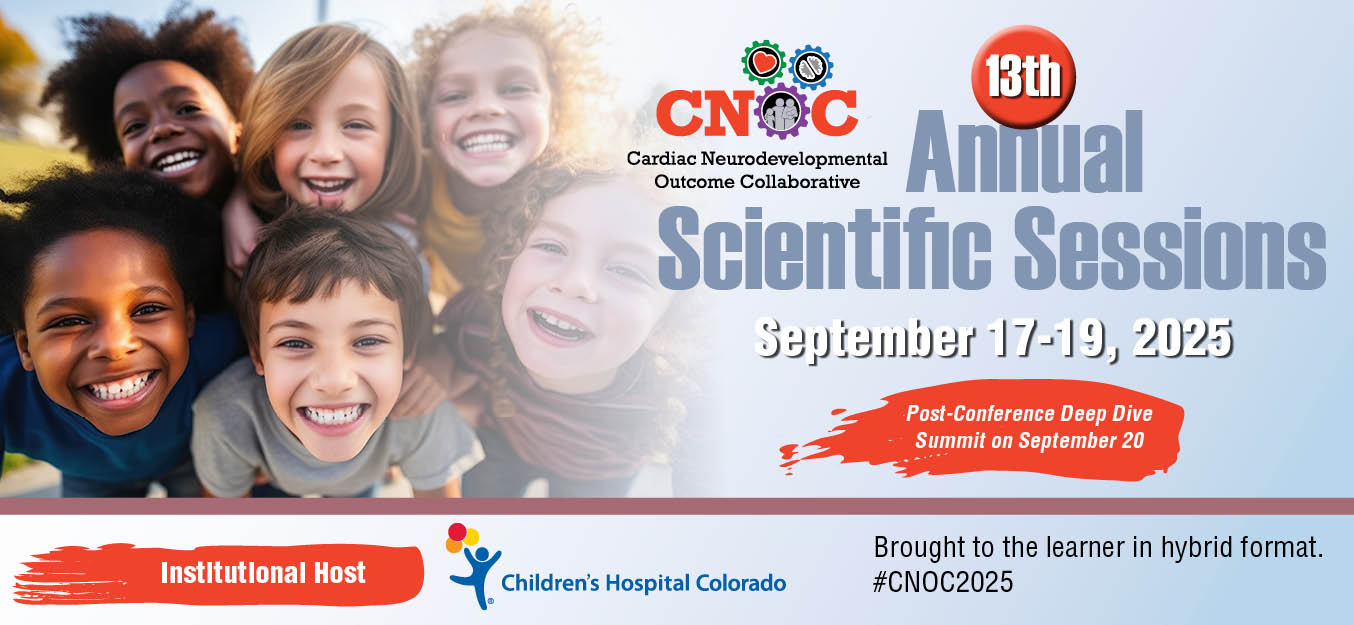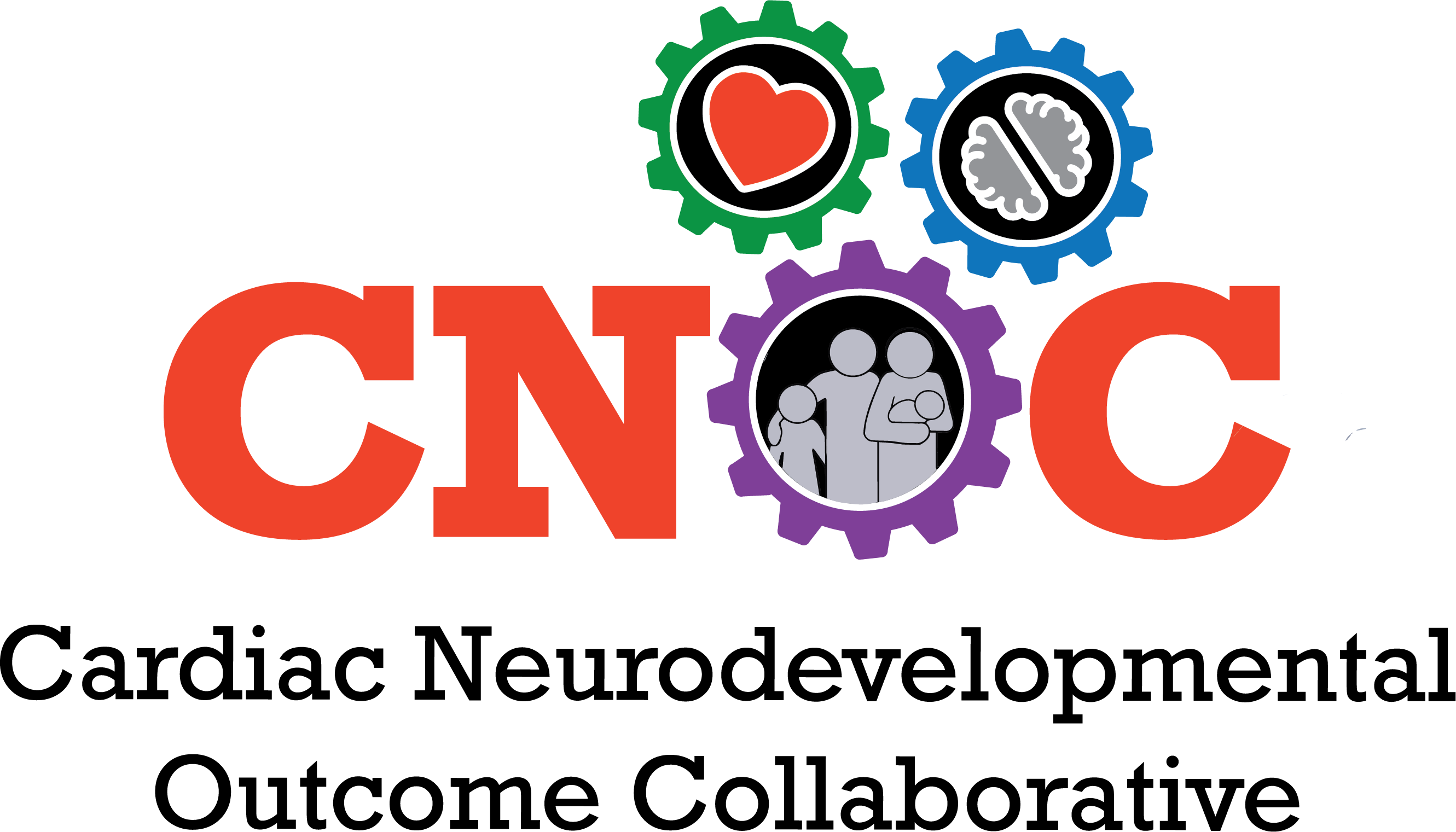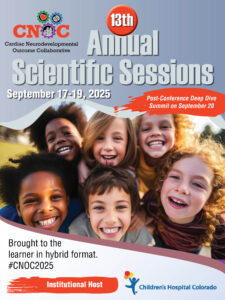
The Program and Meeting Committee has been diligently working to plan CNOC’s 13th Annual Scientific Sessions “Climbing to New Heights in Cardiac Neurodevelopmental Care & Research” happening September 17-19 in Denver, Colorado. Call for abstracts and nominations for the Newburger-Bellinger Cardiac Neurodevelopmental Award and the Cardiac Neurodevelopmental Advocacy and Engagement Award are now open.
Exciting highlights of this year’s session:
Hybrid Breakout Sessions on Thursday, September 18:
- Educational Support for Inpatient/Outpatient CHD patients: in-hospital programming, outpatient follow-up clinic integration, navigating IEPs, and financial implications.
- Building and Sustaining a Neurodevelopmental Program with a focus on inpatient and outpatient follow-up care
- Neuromonitoring in the CHD Patient: Application, Research, and Clinical Innovation
Celebration Dinner on Thursday, September 18 at the Denver Museum of Nature and Science, Schlessman Lobby and Ansuchtz Family Sky Terrace. Tickets are $50 per person and include dinner and two drink tickets; purchase tickets for your guests, too!
Post-Conference Workshops on Saturday, September 20:
- Basecamp to Summit: Navigating the Challenges, Applications, and Impact of the Bayley Assessment
A hands-on, interactive workshop designed for professionals looking to refine their skills in administering and interpreting the Bayley Scales of Infant and Toddler Development. Please note: This is NOT a Bayley Certification course. Instead, this workshop offers practical experience with Bayley administration, scoring, report writing, and in-depth discussions on special population considerations and research implications. Participants will engage in case-based learning, hands-on practice, and collaborative discussions to enhance their clinical and research applications of the Bayley Assessment. - Taking Neuroimaging in CHD to New Heights
This post-conference will provide a deeper dive into neuroimaging for the CHD population. Data will be presented on how early brain injury leads to long-standing alterations in brain structure and function and how these changes can predict neurodevelopmental outcome. This session will include cutting-edge knowledge in CHD, as well as the latest research from other cognitive neuroscience studies, to improve understanding of adverse brain and neurodevelopmental outcomes for CHD and to stimulate discussion on how these methods might be applied to CHD.




